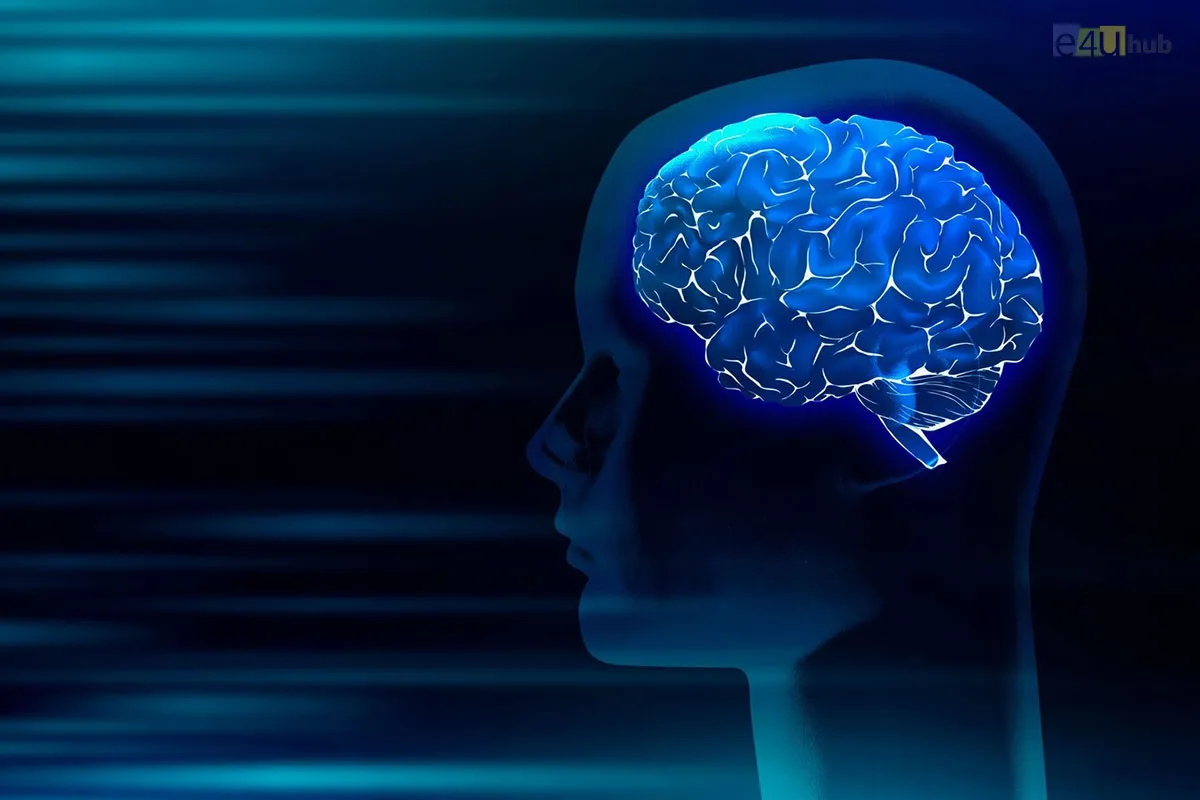
The Science of Memory: Techniques for Better Retention
- 29 Sep, 2023
- Education
- 606 Views
- 0 Comments
Memory is a fascinating aspect of human cognition that plays a crucial role in our daily lives. From recalling important information in exams to remembering a loved one's birthday, memory is at the heart of our ability to learn, adapt, and thrive. But have you ever wondered about the science behind memory and how you can improve your retention? In this blog, we will delve into the science of memory and explore techniques that can help you enhance your memory and retain information more effectively.
Understanding the Science of Memory
Memory is not a single, monolithic process; it consists of multiple interconnected stages. The three primary stages of memory are:
1. Encoding: This is the first stage of memory where information from the external world is transformed into a neural code that the brain can store and process. It involves converting sensory input (like what you see or hear) into a format the brain can work with.
2. Storage: After information is encoded, it is stored in various parts of the brain, including the hippocampus and cortex. The duration and strength of memory storage can vary widely, from short-term memory that lasts only a few seconds to long-term memory that can endure for a lifetime.
3. Retrieval: This stage involves bringing stored information back into conscious awareness. Successful retrieval depends on the effectiveness of encoding and the strength of the memory trace.
Techniques for Better Memory Retention
1. Spaced Repetition
2. Active Recall
3. Visual Aids
4. Chunking
5. Mnemonic Devices
6. Physical Exercise and Sleep
7. Mindfulness and Meditation
8. Nutrition and Brain-Boosting Foods
9. Stay Organized
10. Social Learning
Memory is a dynamic process influenced by various factors, including genetics, lifestyle, and cognitive strategies. By understanding the science behind memory and implementing effective techniques, you can boost your memory retention and improve your ability to learn and remember information.















Leave a Reply